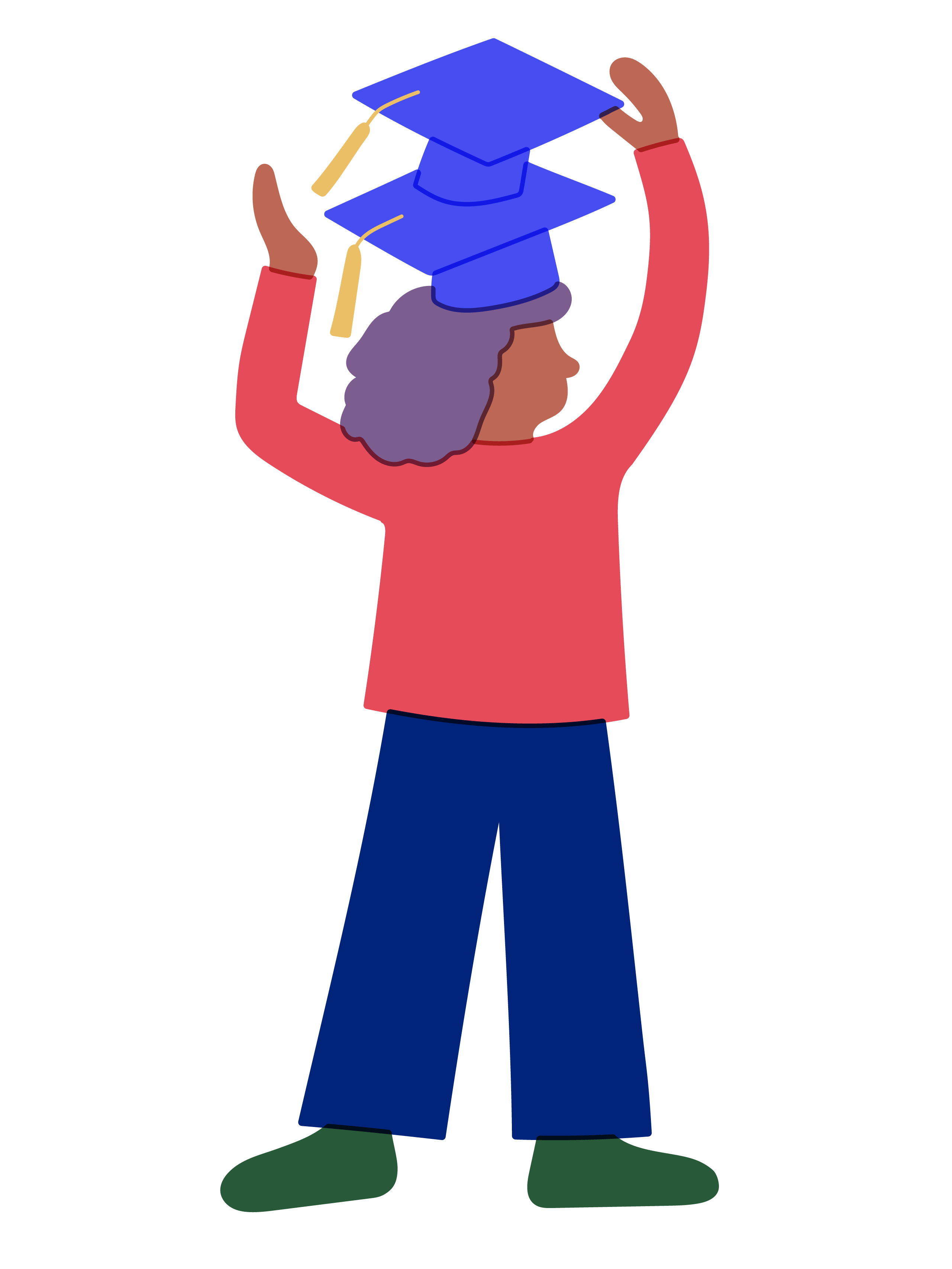Writing an academic personal statement for a doctoral or masters program in the arts and sciences is different than writing a college personal statement. Departments will assume that anyone interested enough to apply to graduate school (and spend, for a doctoral program, five to seven-plus years studying) is sufficiently enthusiastic about the discipline without further proof of your commitment. Your goal is thus not to prove that you love, for example, philosophy (to take my own chosen field), but rather to talk about what areas of philosophy you love. As such you need not, and should not, include details about your inquisitive childhood, or your early passion for Plato or Aristotle as a teen.
Unlike professional school or college personal statements, which tend to focus on vignettes about one’s personal history or character, graduate school personal statements are statements of one’s personal research interests, insofar as they are presently developed. These statements are not binding - it is perfectly fine if, while in grad school, you change your mind about your interests. Your goal in the personal statement should be to show that you can discuss topics in your chosen discipline with a sophistication and rigor appropriate for someone about to enter graduate school.
Try, if possible, to keep the personal statement to one page (or two pages, double-spaced). Below is a template that you can use to get started. Remember, this is just one method of organizing, to use as a jumping off point. Don’t be afraid to diverge from some (or all) of the structure below, in making your statement your own.
A personal statement template:
Start the personal statement off with a concise statement (1 paragraph) of a problem which motivated you to pursue graduate school in your discipline. Focus on trying to demonstrate that you have a firm grasp of an issue, and that you are capable of describing a problem with clarity and maturity.
Transition from this problem to the broader issues and thinkers that you are presently focused on: "Inspired by problem x, I began studying the work of professor XYZ, or problems A, B, C", where A, B, and C are the research areas which you have the most experience and interest.
End this section (1 or 2 paragraphs) with a broad account of where you are interested in going: "I am excited to explore other areas, especially research area X, Y, and Z." These should be truthful (areas you really are interested in working in), but you might also focus on areas in which the department you are applying to is particularly strong.
Next, move to a more detailed discussion of your current research. You can draw from a senior thesis, writing sample, or term paper. Since your research in graduate school may turn out radically different, what your research happens to be is probably less important than your ability to express that research clearly. Look to abstracts of professional journal articles for a model of what your description should look like.
Finally, in the last section (again, probably 1 paragraph) transition to your specific interest in the particular department you are applying to. The more details you can give the better, but try to include at least a few specifics: "I have been very interested in the research of Professor B on Topic Y and professor C on topic Z", where Y and Z are potential research areas you might work on with professors B and C. Again, what you write here will not be set in stone, so it’s okay if you think you may change your mind later on.

Comments